is the theme song to the late ’80’s animated TV version of Winnie the Pooh.
Am I right?
Musician
is the theme song to the late ’80’s animated TV version of Winnie the Pooh.
Am I right?

My friend Will got me hooked on the DIDA podcasts in a bad way last month, and since then I’ve listened to everyone from Artur Rubinstein to Joanna Lumley (’87 and ’07) to Kingsley Amis to Vivienne Westwood.  My favorites so far include: Gÿorgÿ Ligeti ’82, Sondheim ’80, and Imogen Holst ’72, but there is something in there for everyone.  I was surprised by how much I enjoyed Peter Maxwell Davies and Harrison Birtwistle, given what I think of their music.  Grace Bumbry‘s accent was Next Level crazy.
Because you can listen to archived episodes through the decades, you can track a (somewhat disappointing) cultural evolution.  Initially, the program was focused on classical musicians, stage actors, and poets.  Even the film stars chose all-classical selections (witness Lauren Bacall, who didn’t really seem to understand a word of what she was saying.)  Received Pronunciation was de rigeur, and Roy Plomley, the founding host, stressed the playful, imaginative side of the game.
Jimmy Stewart was one of the earliest guests I’ve found to take a mostly non-classical approach.  During Sue Lawley’s reign in the ’90s, the interviews took on a more confrontational tack, and the musical selections trended decidedly more towards pop, to the point where now, hardly anyone chooses a classical selection.  The proportion of film/TV stars and politicians invited to the show began to outweigh that of the classical artists.  People stopped disguising their regional accents.
The fun of listening to DID is, of course, concocting one’s own set of selections and responses.  Here are mine:
Questions
Could you take care of yourself on the island? Reasonably well.
Could you set up a shelter? Â Yes.
Cultivate? Sure. Â Fish? I caught an eel once.
Could you endure loneliness? Â As long as I stayed busy.
Could you rig up a shift or a raft? Â Perhaps
Would you try to escape? Â No.
Discs
1. Bach, Complete Sonatas and Partitas for Violin, performed by Arthur Grumiaux
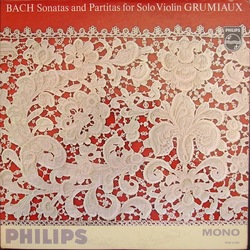
The profoundest and most philosophical music I know.  The fact that it is written for a solo instrument would give it a particular resonance on the island.  There are many fine recordings, but Grumiaux’s is a sentimental favorite.

Reminds me of my childhood (my parents were both big fans) and would give me something to sing along to.
3. Beethoven, Late Quartets, performed by the Fine Arts Quartet
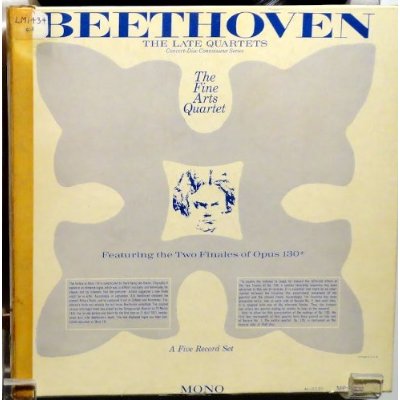
There’s plenty to console, perplex and mesmerize in this music. Â I would prefer the recording by the Fine Arts Quartet, but it’s not on Spotify, so the link above is for the Budapest’s recording.
4. Kurt Weill, The Seven Deadly Sins, performed by Marianne Faithfull
This is another recording that’s not on Spotify (or YouTube), but none other will do.  MF’s rendition of “The Pirate Jenny” is on the same disc, so I included it above.  More singalong fodder, beautiful orchestration and great nostalgia value.
5. Sondheim, Into the Woods, Original London Cast
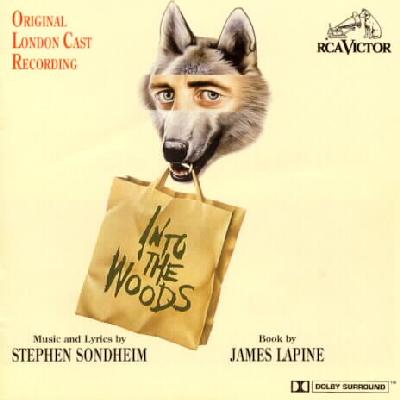
Life would be hard without this.  I linked to the Original Broadway Cast under duress, since the OLC isn’t on Spotify.
6. Ravel, Daphnis et Chloé, London Symphony/Abbado
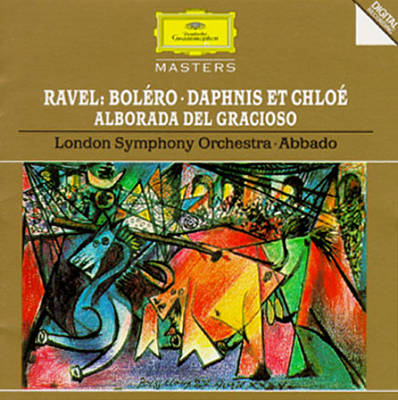
Obvs.
7. Schnittke, Symphony No. 8, Russian State Symphony/Polyansky
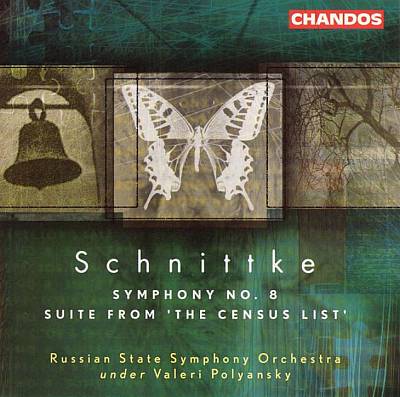
This transcendental masterpiece is paired with Schnittke’s totally irreverent score to “The Census List”. Â The two compliment each other incredibly well.
8. Wagner, Der Ring des Nibelungen, Wiener Philharmoniker/Solti
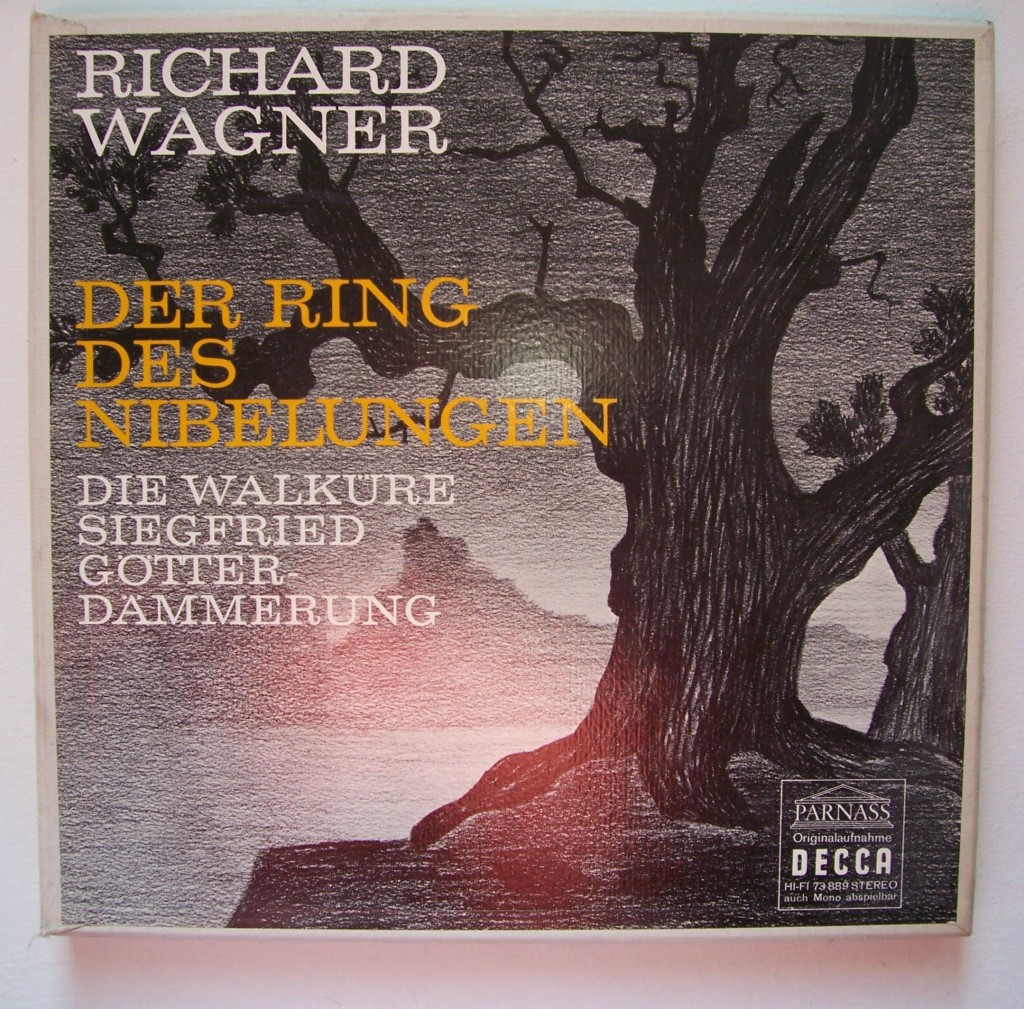
I’m not as familiar with the entirety of the Ring Cycle as I’d like to be, though my adoration of Wagner’s music increases with each passing year. Â Gaining familiarity would give me plenty to do on the island.
Book (in addition to the Bible and the complete works of Shakespeare)
If it were allowed, I’d take the Oxford Companion to Shakespeare; if not, I’d take  the entirety of A Song of Ice and Fire, as long as the 6th and 7th novels were airdropped to me when they’ve been finished.
Luxury: Piano
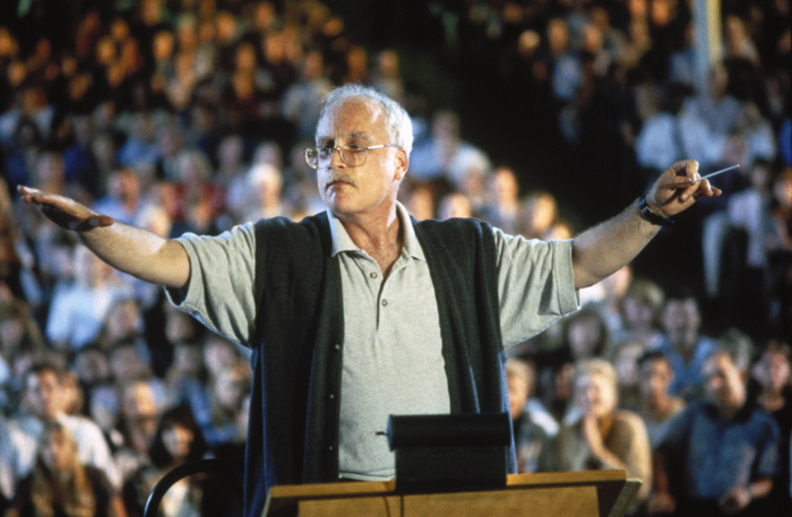
Kyle Gann (not pictured)Â recently proposed an interesting course on the American symphony, the idea being to focus on a different symphony each week, and thus examine the development of the American symphonic language.
His list was intriguing in all sorts of ways, but of course, I’ve got my own ideas on the subject.  I put my two cents in his comments section (and he wrote a very thoughtful response), but I thought it would be fun to do my own version.
KG included 19 works (which, methinks goes beyond the boundaries of a single semester at his rate.)  I designed my course as a 10-week UChicago style quarter with two works per week, and I’m also cheating in a different way by occasionally including a non-symphonic orchestral work.
Week 1: Chadwick, Symphony No. 2 (1885); Beach, “Gaelic Symphony” (1897)
Week 2: Ives, Symphony No. 1 (1901); Ives, Symphony No. 4 (1918/26)
Week 3: Hanson, Symphony No. 2 “Romantic” (1930);Â Griffes, “The White Peacock” (1919)
Week 4: Still, “Afro-American Symphony” (1930); Antheil, “A Jazz Symphony” (1925)
Week 5: Barber, Symphony No. 1 (1936); Harris, Symphony No. 3 (1937)
Week 6: Copland, Symphony No. 3 (1946); Bernstein, Symphony No. 1 “Jeremiah” (1942)
Week 7: Persichetti, Symphony for Wind Band (1956);Â Blackwood, Symphony No. 1 (1955)
Week 8: Del Tredici, “An Alice Symphony” (1969/76); Stephen Albert, Symphony No. 1 “Riverrun” (1985)
Week 9: Corigliano, Symphony No. 1 (1988);Â Ran, Symphony (1990)
Week 10: Philip Glass, Symphony No. 8 (2005);Â Rouse, Symphony No. 4 (2014)
And if I could find time for it in Week 8 or 9, I would try to add Jennifer Higdon’s Blue Cathedral.
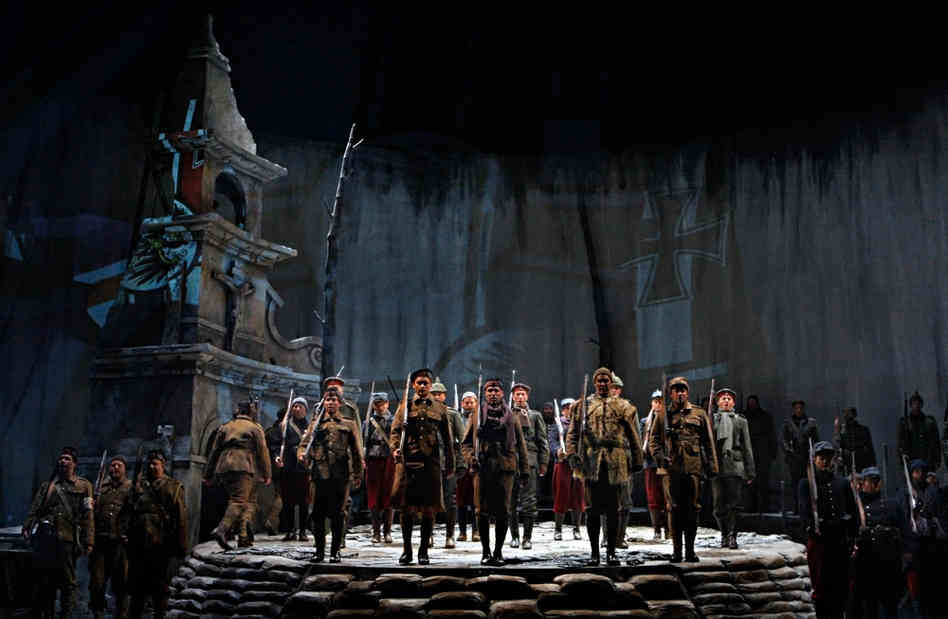
Kevin Puts’Â Silent Night (which has its own trailerrific web site) just played at the Cincinnati Opera. In 2012, this piece won its composer the Pulitzer Prize for music. Â If anything, it should have won for drama; the score was a bunt.
There are a few beautiful moments, but no big tunes, no searing arias, no wondrous dramatic set pieces for the orchestra.  My main complaint with contemporary composers of classical music is that they so rarely seek to compete with the immortals.  Why compose an opera if you’re not setting out to beat Puccini at his own game?  I’d rather see another Tosca or Wozzeck.  Those may be masterpieces, but they can be outdone, and that’s exactly what we composers should always be trying to do.
During the intermission, I heard one old lady say to another old lady, “it’s a nice story, with music.” Â That about sums it up. Â In fact, I’d say it’s much more like a movie with an OK soundtrack in which the dialogue happens to be sung in vaguely melodic-ariosi.
I can see why people would like this show, or say that they like it, (the libretto uses multiple languages, the set and costumes are excellent, the true story is intriguing) but I’d be willing to bet that true opera lovers will feel disappointed, even if they can’t articulate why.
But it’s most often non-musical people who get to decide what music we get to hear at our big institutions, so this piece is sure to get many more performances and productions.  That’s a shame if it keeps opera companies from commissioning really good new operas that sing in your heart for a lifetime.
Ladies and Gentlemen, today, I am a happy composer.  What makes a composer happy?  Well, basically nothing – we’re all tortured, existentially-fraught philosophers in sound who see this world for the vale of tears it really is.
But occasionally one receives a very decent recording of one’s own work, and one can’t help but feel a moment of pride. Â Therefore, I present to you now two of my newest musical children:
Symphonic Essay (2014)
I composed this piece mainly this past January for the Cincinnati Symphony Youth Orchestra; we premiered it at the end of March and recorded it at the beginning of May. Â Here’s an earlier essay/manifesto I wrote about it.
The Dwarf Planets (2012)
A suite in five movements for brass quintet, timpani and organ, composed for the Gargoyle Brass Quintet. Â Each movement depicts the god or goddess assigned to one of the outermost celestial bodies in our solar system (click the title above for more info thereabout.)
Haumea
Pluto
Ceres
Eris
Makemake